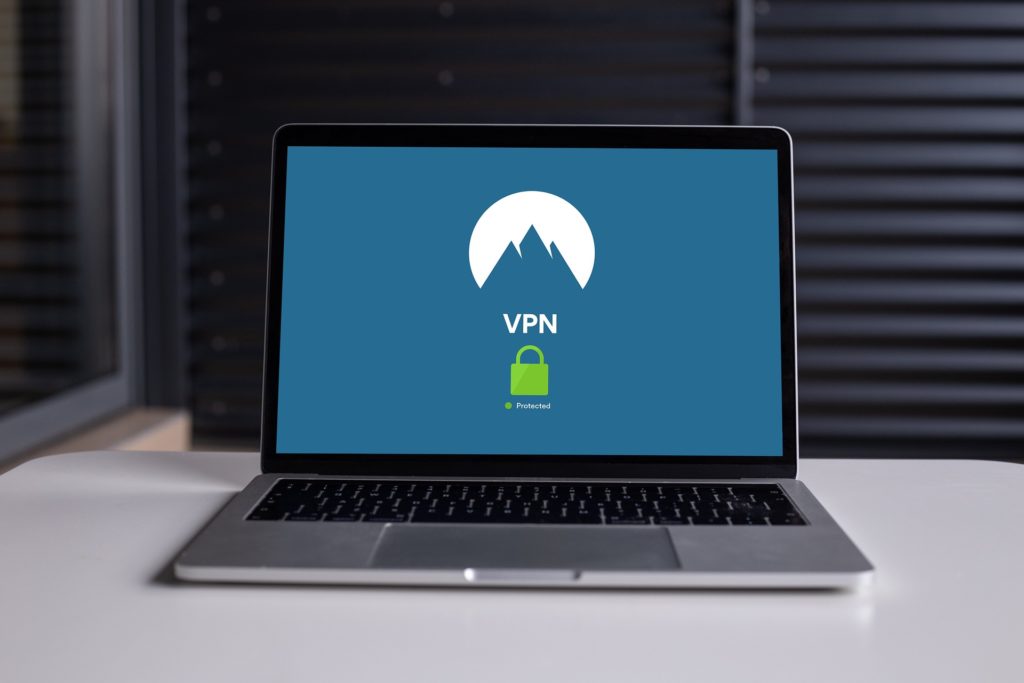In an era where online privacy and data security are paramount, using a personal VPN (Virtual Private Network) has become increasingly popular. A VPN helps safeguard your online activities by encrypting your internet connection and routing it through a secure server.
Common VPN Protocols
- Known for its open source nature, OpenVPN offers a good balance between security and performance. It is highly configurable, supports multiple encryption algorithms, and works on a wide range of devices and operating systems.
- IPSec is widely used in enterprise VPN solutions. It provides strong encryption and authentication, making it ideal for secure communications. However, IPSec can be more difficult to set up and may require additional software or configuration.
- L2TP/IPSec combines the benefits of L2TP and IPSec. While it offers good security, it can be slower than other protocols due to the double encapsulation process.
- SSTP is often used on Windows systems and provides a high level of security by leveraging SSL/TLS encryption. It is known for its ability to bypass firewalls and is relatively easy to set up.
- PPTP is an older protocol that offers fast speeds but is considered less secure than other options. It may still be suitable for basic tasks but is not recommended for sensitive data transmission.
- WireGuard is a protocol that aims to provide improved performance, simplicity, and security. It utilizes modern cryptography techniques and has gained popularity for its speed and efficiency.
Fastest VPN Protocol
When it comes to speed, WireGuard is often regarded as the fastest VPN protocol. Its lightweight design and efficient encryption algorithms allow for faster data transmission, making it an excellent choice for users who prioritize speed without compromising security.
Most Secure VPN Protocol
While all VPN protocols offer varying levels of security, OpenVPN and IPSec are considered among the most secure options. OpenVPN’s robust encryption and comprehensive security features make it highly reliable. IPSec, on the other hand, offers strong authentication and encryption, making it an excellent choice for enterprise-grade security. By the way, when choosing VPS configurations for your personal VPN, you can be guided exactly by the VPN protocol.
Shadowsocks: A Unique VPN Protocol
Shadowsocks is a proxy protocol that focuses on circumventing censorship and bypassing network restrictions. It is primarily used in regions with strict internet controls. Although it can provide some level of security, Shadowsocks does not offer the same level of encryption as traditional VPN protocols. It is essential to understand the limitations and specific use cases before opting for Shadowsocks.
Using a Personal VPN Effectively
To make the most of your personal VPN, consider the following tips:
- Choose a reputable VPN provider. Select a provider that prioritizes privacy, offers a wide range of server locations, and supports the desired protocol. One of the good ones is ishosting.com
- Assess your needs. Determine whether speed, security, or both are your primary concerns. This will help you select the most suitable VPN protocol.
- Configure VPN settings correctly. Ensure that your VPN is properly configured on your device and follow the best practices recommended by the provider.
- Regularly update your VPN software. Keep your VPN software up to date to benefit from security patches and improvements.
- Be mindful of your online activities. While a VPN can enhance your privacy, it is essential to remain cautious and avoid engaging in illicit or malicious activities.
In conclusion, choosing the right security protocol for your personal VPN is crucial to ensure a balance between speed and security. By following best practices and using a personal VPN effectively, you can enjoy enhanced online privacy and security in today’s digital landscape.




